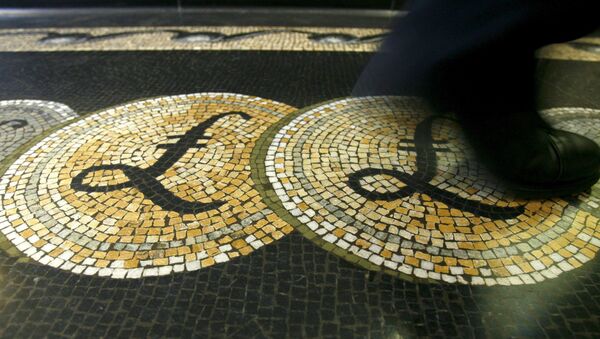According to a UK House of Commons briefing paper published In January 2016, the EU, taken as a whole, is the UK’s major trading partner, accounting for 45 percent of exports and 53 percent of imports of goods and services in 2014.
Big business leaders strongly support Britain remaining in the EU – https://t.co/dLPrzbKE62 pic.twitter.com/caLhx9xCgE
— YouGov (@YouGov) January 25, 2016
Both the Conservative – Lib Dem Coalition government and the previous Labour government stated that over three million jobs are linked, directly or indirectly, to exports to the EU. This is not the number of jobs linked with membership of the EU as some trade with EU countries would still take place if the UK were to leave the EU.
The UK’s net contribution to the EU Budget in 2015 is estimated at US$11.9 billion, up from US$6 billion in 2009 and down from US$13.7 billion in 2014. It is forecast to fluctuate between US$15.5 billion and US$11.05 billion a year between 2016 and 2020.
Research for @Founders_Forum reveals 88% of tech entrepreneurs support Britain staying in EU https://t.co/dLPrzbKE62 pic.twitter.com/IMQfCEhWXV
— YouGov (@YouGov) January 25, 2016
In 2014, the UK exported US$322 billion of goods and services to other EU member states. This is equivalent to 44.8 percent of total UK exports. Goods and services imports from the EU were worth US$404 billion (52.8 percent of the total) in 2014.
The UK had a trade deficit of US$82.5 billion with the EU in 2014 but a surplus of US$33.5 billion with non-EU countries.
The UK is a major recipient of inward Foreign Direct Investment (FDI) and also an important investor in overseas economies. The UK had the third highest stock of inward FDI in the world in 2014, behind the US and China.
In 2014, EU countries accounted for just under half the stock of FDI in the UK compared with 24 percent from the US and 28 percent from other countries.



